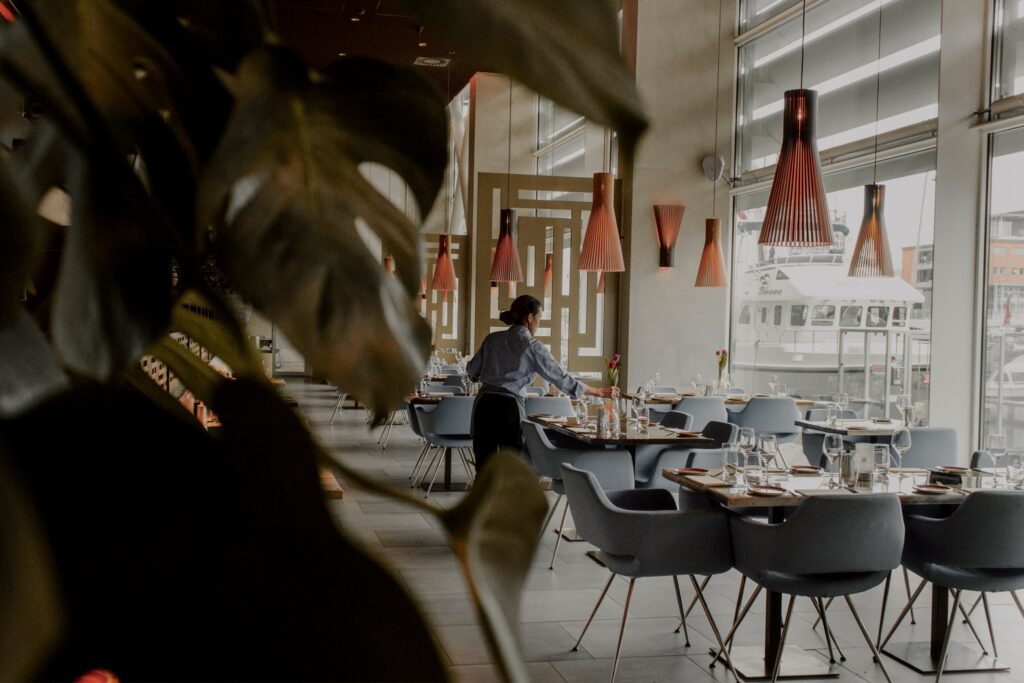Integrating Holistic Health into Hospitality for Competitive Advantage
The hospitality industry, amidst evolving consumer demands, is increasingly recognizing the importance of holistic health as a pivotal aspect for guest satisfaction and business success. In an era where well-being has taken a front seat in consumers' priorities, integrating holistic health practices offers hotels a significant competitive edge.

Wellness in Hospitality: A New Norm
The concept of wellness in hospitality is not just about offering spa services. It’s about creating an environment that caters to the physical, mental, and emotional well-being of guests. Hotels such as Westin by Marriott and EVEN hotels by IHG have been pioneers in this shift, incorporating wellness into various aspects of a guest’s stay, from food and beverage menus to guestroom amenities. Westin, for instance, has partnered with Peloton bikes to offer in-room cycling options, while EVEN hotels have included yoga mats and fitness equipment in every room.
Catering to the Wellness-Driven Traveler
Understanding the diversity in wellness consumers is key. There are those who are deeply engaged and regularly follow wellness brands, and there are the socially responsible who prefer brands that are environmentally sustainable. On the other end of the spectrum are the loyalists who prefer to stick with routines and brands they know. This diversity necessitates a multi-faceted approach in catering to various wellness preferences, be it through personalized health facilities, healthier food offerings, or tech-driven sleep therapies.
Personalization and Technology: The Game Changers
With technology playing a crucial role, hotels are adopting digital innovations to enhance the guest experience. For instance, apps for sleep improvement and meditative practices are becoming increasingly popular. In-room technologies for personalized workouts and mindfulness practices are not just luxuries but expectations of modern travelers.
Challenges and Opportunities
While integrating wellness into hospitality offers vast opportunities, it does come with its challenges. Creating a wellness program that resonates with diverse consumer needs, and ensuring that the experience is authentic and sustainable, requires careful planning and execution. Globalization and increased exposure to different wellness practices offer a canvas for innovation, but also a challenge in standardizing and choosing the right approach.
Conclusion
As the wellness market continues to flourish, with a projected growth in wellness tourism expenditures reaching $1.3 trillion by 2025, hospitality businesses that embrace holistic health not only cater to the growing demand but also set themselves apart in a competitive market. The integration of wellness into hospitality is more than a trend; it’s an evolution of the industry towards a more health-conscious and personalized guest experience.
This approach, marrying wellness with hospitality, ensures not just a temporary escape for guests, but a transformative experience that could lead to lasting brand loyalty and market differentiation.
References:
- “Hospitality Trends: Wellness and wellbeing.” EHL Insights, ehl.edu.
- “How to integrate wellness into hospitality for guest satisfaction and owner return.” eHotelier, ehotelier.com.
- “The future of the $1.5 trillion wellness market.” McKinsey, mckinsey.com.
- “Health & Wellness in Hospitality Matters Now More Than Ever.” Longitude°, longitudedesign.com.